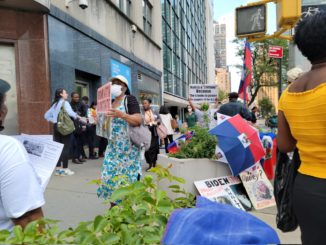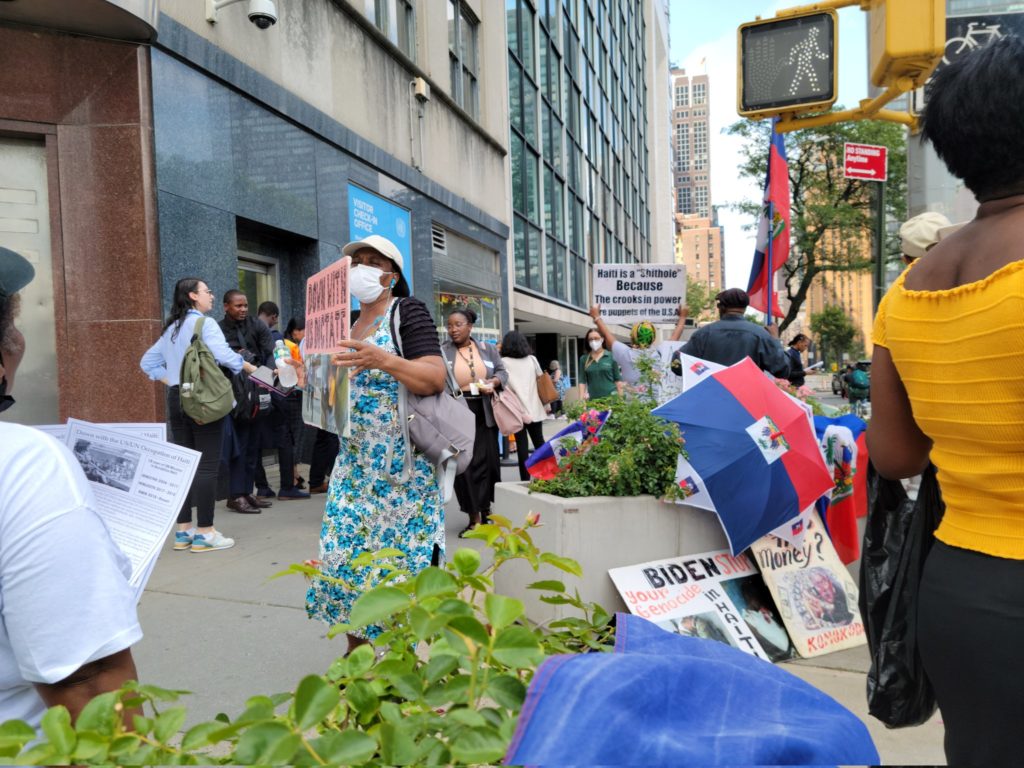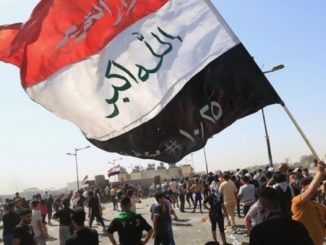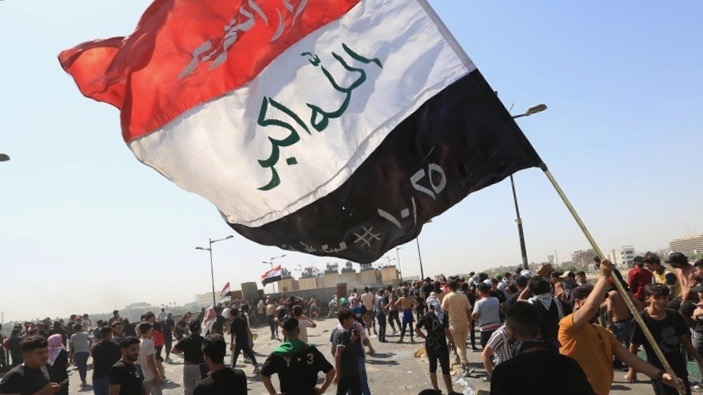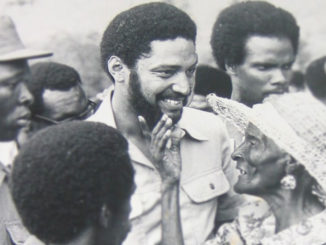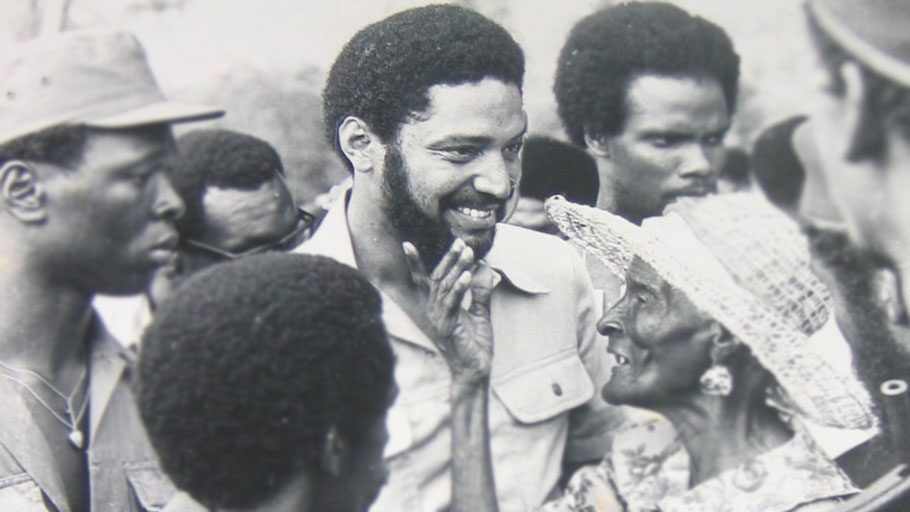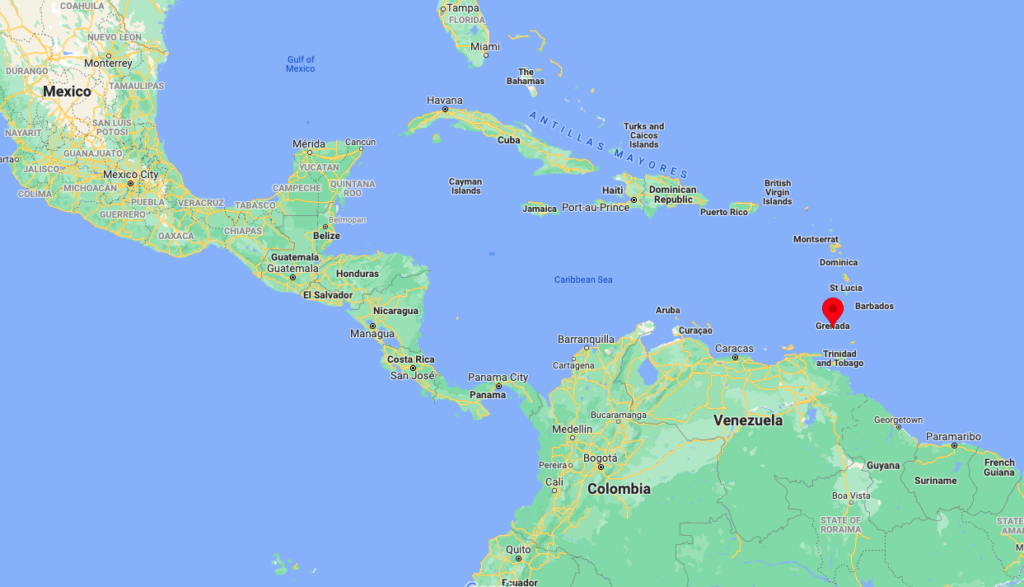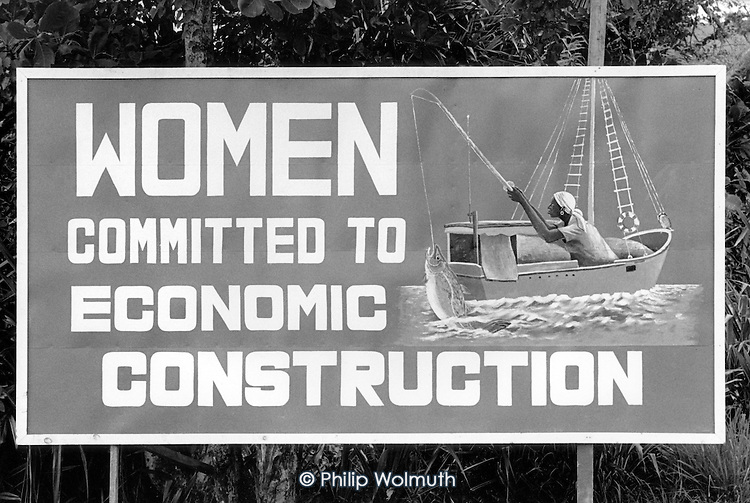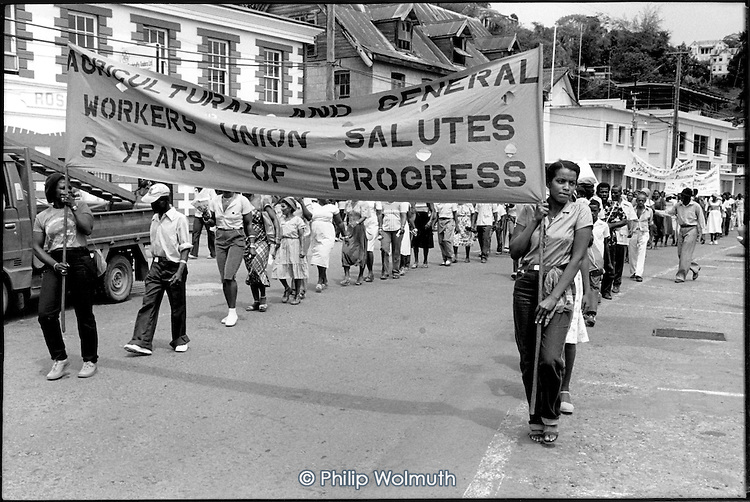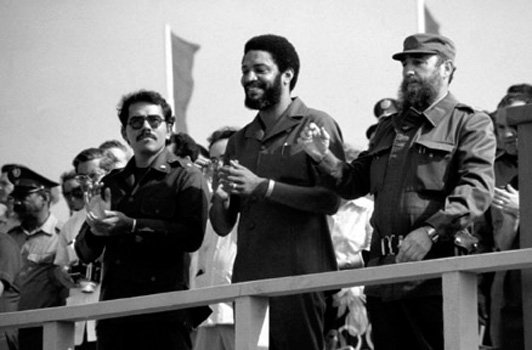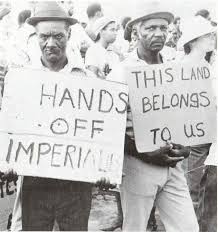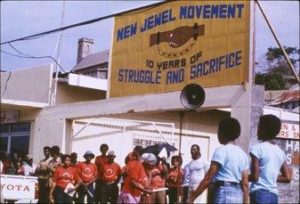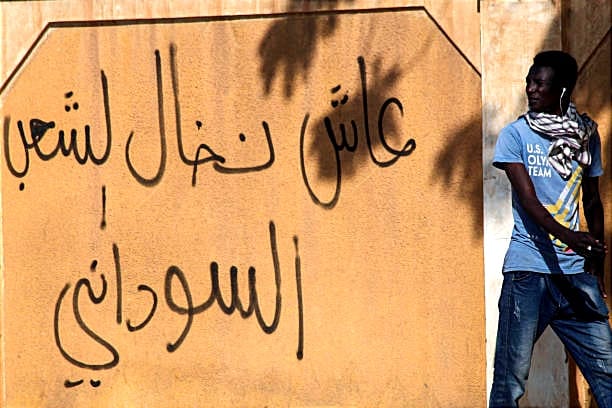
Editor’s Note: The following is the writer’s opinion and represents the first in a 2-part series on the October 25 Sudan coup. Part 2 can be read here.
The October 25 military coup d’etat in Sudan marked the collapse of the unstable and rotten compromise between the military and liberals that took place in the summer of 2019. That deal was brokered to stop the mass revolutionary process that had erupted and overthrown President Omar al-Bashir, who had been in power for 30 years. Despite the military junta’s declaration of a state of the emergency, the masses poured into the streets of the capital, Khartoum. Even Abdalla Hamdok was reinstated as prime minister by the military junta. The people in the streets who have fought and shed blood for a month to win civilian rule have met this news not with jubilation, but with rage.
What is going on in Sudan? This question constitutes the first point of contention in the international community, and this political dispute is, of course, reflected in the media. At a time when the idea is being promoted that differences in the international community over what is happening are nothing more than a reflection of the international conflict, it should be remembered that the Sudanese people are most concerned with this division.
It is often said the events in Sudan until this moment were an intense expression of an international conflict. From this correct idea, another wrong idea was adopted, which was that the Sudanese people inevitably will be victims of these international duels. To respond to this idea, the conflicting parties in Sudan must first be described.
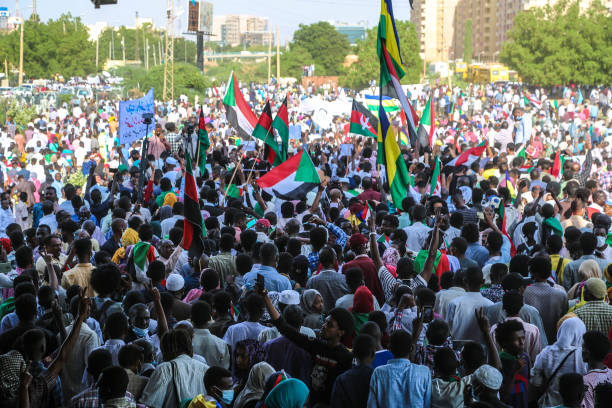
Internal Forces Share Power
What are the features of the “old” that should be changed?
The main contradiction in Sudan is among looters, regardless of their dress and political names, and regardless of whether they are “civilians” or “militaries.” However, the poles of the current conflict were only partly an expression of this basic contradiction. When the Sudanese people took to the streets at the end of 2018, they were expressing the need for the required profound change, and with Bashir’s security committee, formed from the main military forces in the country, removed him from power.
The Sudanese Sovereign Council is an 11-member body that was created after Bashir’s ouster through the draft constitutional declaration in August 2019 in the South Sudanese city of Juba. Members of a civilian group called Forces for Freedom and Change (FFC) and leaders of the Transitional Military Council (TMC) comprised this council, a collective body that was meant to act as the head of state until November. Instead, the council was dissolved with the October 25 coup. Council leader Abdel Fattah al-Burhan announced the dissolution, adding it would be replaced with a government that would be nominated.
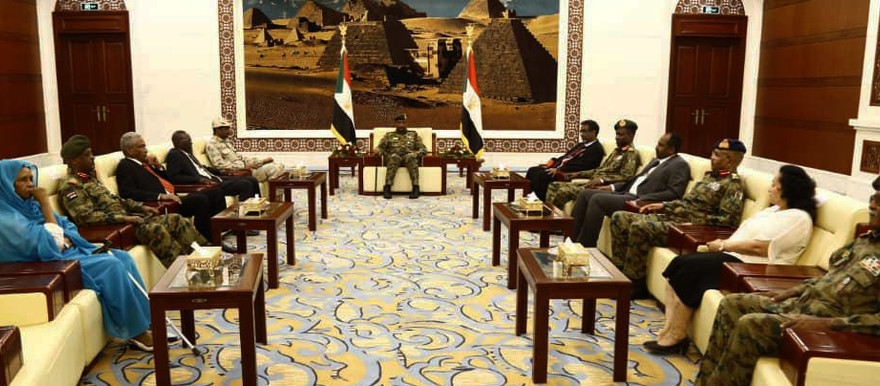
Up to the formation of the Sudanese Sovereign Council and its recently dissolved government, Sudan began to witness political changes in the governance structures, without the required deep change. The structure of the Sudanese regime was characterized by basic general features. It is not possible to talk about an actual transformation if the Sudanese people did not perceive a change in these features, which has not happened until now.
So what are these basic features? The Sudanese national framework is placed at the top of this list, as Sudan has lost its southern part and is living in a continuous state of armed civil conflicts in scattered areas of the country. These elements constituted a double threat to the unity of Sudan, meaning the primary challenge is Sudanese people live in an entity whose existence is threatened.
In addition to these existential dangers, Sudan was systematically looted by the West through Sudanese intermediaries, and its people were starved and impoverished, so unemployment and marginalization increased. The production process in all its forms was hampered to turn Sudan’s fertile lands into battlefields. Its workers and peasants were turned into fuel for these conflicts, and mercenaries in foreign wars.
The Sudanese have nothing to do with it. Sudan was blackmailed by placing it on the U.S. state sponsors of terrorism list, and turning it into a country that lives on Western aid and loans with well-known political conditions in place. All this came in addition to disrupting political life and the absence of effective national forces caused by suppression, then plunging the country into conflict with armed forces, whose voice for long periods overshadowed the voice of the national forces.
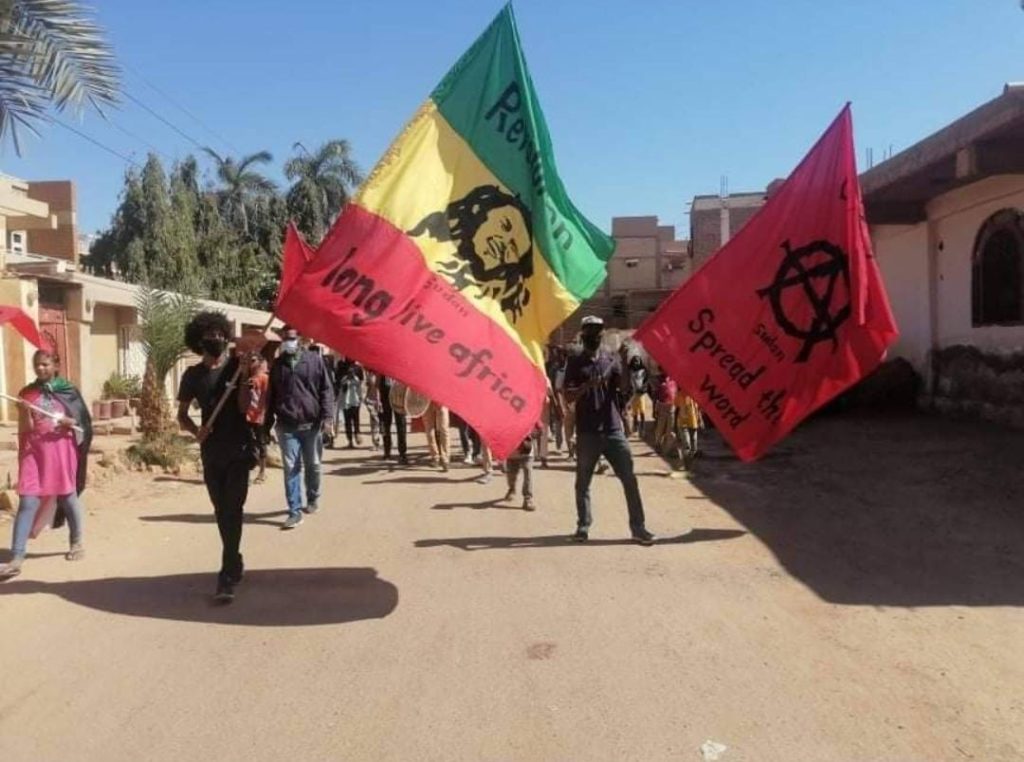
UNSC Speaks on the Coup
How can we read the positions of the primary forces in conflict?
The dispute erupted between the civilian and military components of the Sudanese Sovereignty Council after a conflict that remained unabated even after the body was established. In fact, no clear distinctions in the positions of the “civilians” or the “militaries” emerged. Both parties contributed to the consolidation of the liberal policies that brought the conditions of the Sudanese to this point. Both parties clearly contributed to the notorious normalization agreement with the Zionist entity known as Israel, and neither provided any serious direction to establish national reconciliation to prevent the fragmentation of the country. Despite their seemingly identical positions, the military’s move on October 25 constituted a controversial point on the international scene, which indicated regional and international powers differentiate between the two components of the Sovereign Council. That led to the UN Security Council failing several times to obtain consensus on a statement on the events in Khartoum. When a statement emerged on October 28, the UNSC described what happened as “controlling the power,” not as a coup. The statement also stressed the “need to adhere to the constitutional document and the peace agreement in Juba” and called on the authorities. The military was asked to “restore the civilian-led transitional government on the basis of the Constitutional Document and other foundational documents of the transition.”
The difficulty in adopting this statement did not in any way end the divided opinions on what occurred in Sudan. Rather, it reflects the international balance of power that has impeded a correct characterization of the coup and softened rhetoric toward the military.
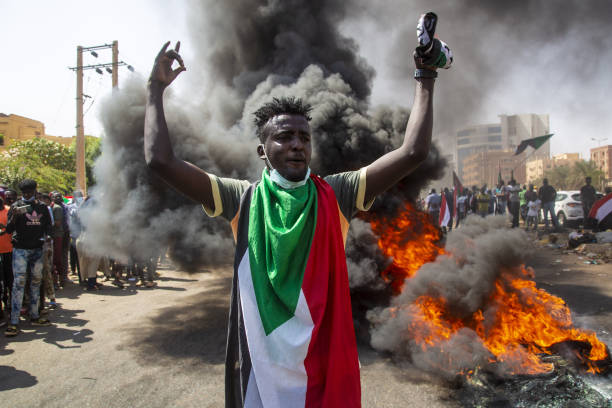
Returning to the White House’s Bosom
But the most important question remains: What has caused different countries to take various positions on the military move?
After the military overthrew Bashir in 2019, Sudan entered a period of anxiety that drastically changed its relationship with the world. The most noticeable of which was Sudan’s official and gradual return to the bosom of the “Western House”—a term used for the White House. This involved re-opening the door for loans, lifting sanctions, and removing Sudan from the U.S. state sponsors of terrorism list, among other things.
All this prompted observers to search for the price Sudan had to pay in exchange for this “Western amnesty.” At first glance, it seemed to be normalization of relations with the Zionist entity, Israel. However, events today indicate normalization was only the public aspect of the cost to Sudan. The military component was the first to brag about relations with the Zionist entity. However, the West seems very concerned about the military’s unique power and the exclusion of the civilian component. The primary explanation for all this appears to lie in the obscured part of the price Sudan paid to the Washington. Although it is difficult to be certain about this issue, we can conclude the West is more comfortable with the Sudanese Sovereign Council’s civilian component headed by the now resigned Abdalla Hamdok, who grew up within the same Western institution and is considered close to it. The civilian component would build relations with the West and Washington at the expense of Russia and China, for example. Hence, removing Sudan from the U.S. list of state sponsors of terrorism and other facilities came as an opportunity to restore these relations and push relations with Russia and China to a kind of apathy, in addition to some indicators coming from Egypt.
Questions raised about Hamdok’s position on the Renaissance Dam, which is being built in Ethiopia and threatens to cut off water access to Egypt, expresses Washington’s tacit satisfaction with the Sudanese army’s move. It seems the list goes on to include differences in attitudes of the civilian and military components on the nature of Sudan’s relationship with the world. Although some of those attitudes are still unknown, but we can expect to hear of them soon.
The door to interpretations is very wide, but it will not be long before the players reveal their secrets as positions and alignments cannot be hidden for long. Power today is in the hands of the Sudanese army, which is subject to external and internal pressures. From this particular angle, it can win over the Sudanese people’s support in confronting external pressures. Sudan needs to alter its position in the global conflict to be in the place that meets the interests of its people. That is, inevitably away from the Western camp and Washington.
Kribsoo Diallo is a Cairo-based Pan-Africanist researcher in political science related to African affairs. He has written for many African magazines and newspapers, and Diallo has contributed to translated editions of papers and articles in Arabic and English for several research centers within the African continent.

